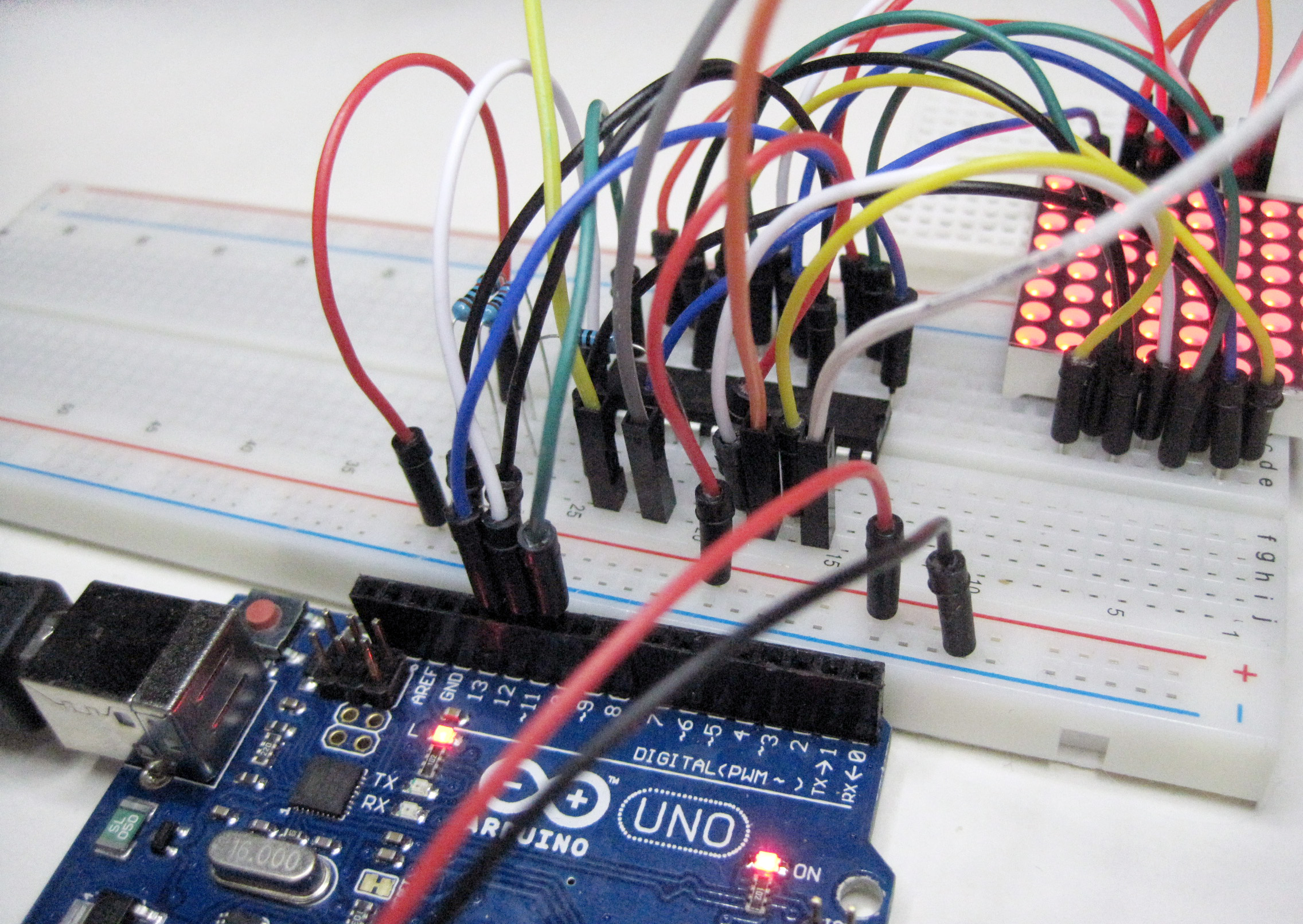
start with morphing plasma, but allow going to color cycling if desired. Unsigned char whiteBalVal = // for LEDSEE 6圆cm round matrix array of 6-bit base values for RGB (0~63) compensate for relative intensity differences in R/G/B brightness T = (float)(v * (1.0 - (s * (1.0 - f)))) įloat dist(float a, float b, float c, float d)Ĭolorduino.Init() // initialize the board 2.7 becomes 2 and 3.01 becomes 3 or 4.9999 becomes 4 H *= 6.0 //to bring hue to a number between 0 and 6, better for the calculations if saturation > 0, more complex calculations are needed if saturation is 0, the color is a shade of grey Unsigned char plasma įloat r, g, b, h, s, v //this function works with floats between 0 and 1 A green LED on the front of the board indicates powerĬolorduino library Example code #include Various Pins areīrought out the edge of the board including RX, TX and DTS, which can be connected to FT232 USB adapter to reprogram the onboard ATmega chip, and SCA and SCL for I2C communication. Power to the board is either via pin headers or a set of mini screw terminals.
ARDUINO LED MATRIX DRIVER DRIVER

Without any external circuits, play and shine.

8 bits colors support with 6 bits correction for each color in every dots.Colorduino is easy to cascade by IIC and Power interface.

The ATmega more CPU bandwidth for performing other tasks. By using the DM163, the Colors shield gains three 8+6-bit channels of hardware PWM control of the LED’s freeing up the MCU from having to implement it in software. Colorsduino pairs the M54564 with a single DM163 constant current driver. This design is to make user easily modify or write the firmware ofĬolorduino by Arduino IDE. The Colorduino is a RGB LED matrix driver platform basis on ATMega 328P.


 0 kommentar(er)
0 kommentar(er)
